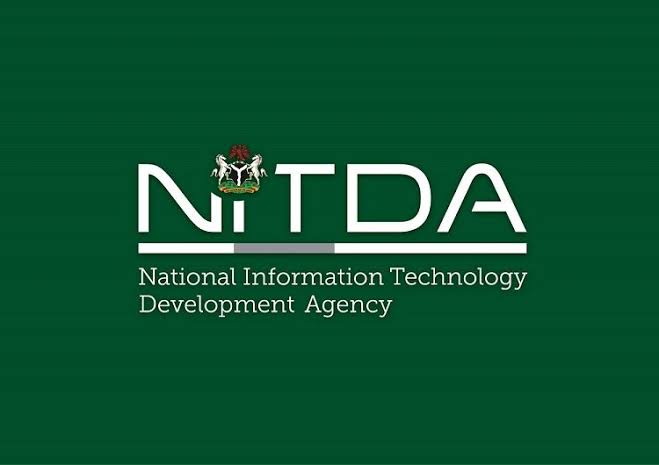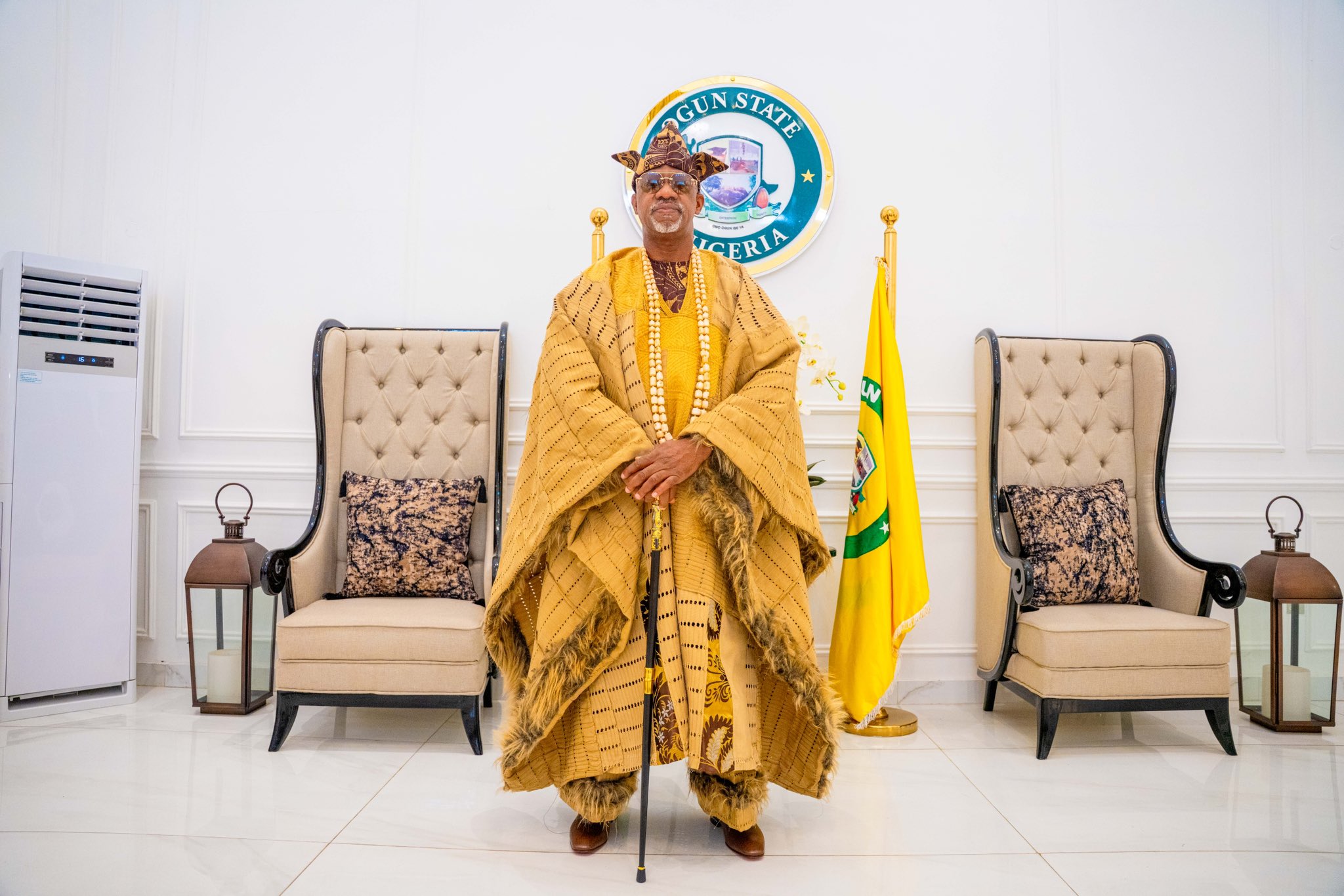The National Information Technology Development Agency (NITDA) has announced plans to build websites for all 774 local government councils across Nigeria as part of efforts to enhance transparency, accountability, and citizen engagement at the grassroots.
The Director-General of NITDA, Kashifu Abdullahi, disclosed this on Friday in Abuja during a courtesy visit to the Independent Corrupt Practices and Other Related Offences Commission (ICPC).
Abdullahi said the initiative aims to make councils more open to public scrutiny and improve citizen access to government services.
He lamented that only 10 local governments in the country currently operate functional websites, describing the situation as unacceptable in the digital era.
“The absence of digital footprints at the local level slows down service delivery and creates distrust between citizens and government. Citizens have the right to access government services seamlessly and with a delightful experience,” Abdullahi said.
“We are ready to support every council with a website free of charge, where projects and programmes can be published and citizens can contribute.”
He explained that the initiative is part of broader reforms to standardize and improve government IT projects nationwide.
Between 2017 and 2023, he said, NITDA cleared more than 1,480 IT projects worth over ₦3.4 trillion from 326 federal public institutions, saving the government more than ₦316 billion by preventing wasteful spending and enforcing alignment with the national digital architecture.
Despite these efforts, Abdullahi noted that only about 28 percent of federal institutions have applied for IT clearance.
To address this, NITDA is introducing new guidelines, including certification for IT designers and builders, to ensure that future projects are properly designed, secure, and interoperable across platforms.
ICPC Chairman, Dr. Musa Aliyu, welcomed the initiative, stressing that the lack of digital visibility at the local government level fuels opacity and waste.
“Local governments are the tier closest to the people. If you are not visible digitally, it raises questions about accountability. Once councils publish their budgets, projects, and activities online, citizens can track them, and that alone will discourage misconduct,” Aliyu said.
Both agencies pledged to strengthen collaboration in enforcing ethical standards in IT projects, curbing waste, and ensuring seamless operation of government digital infrastructure.






